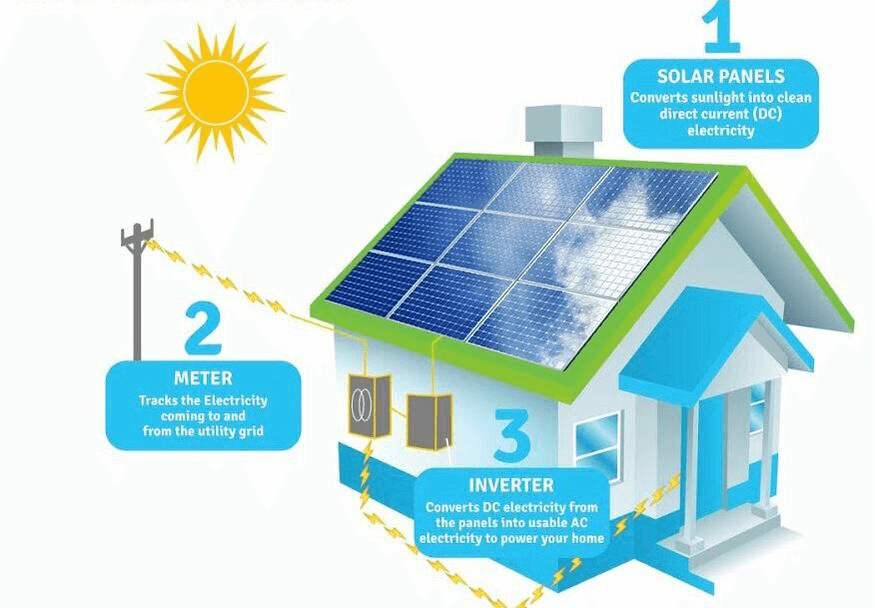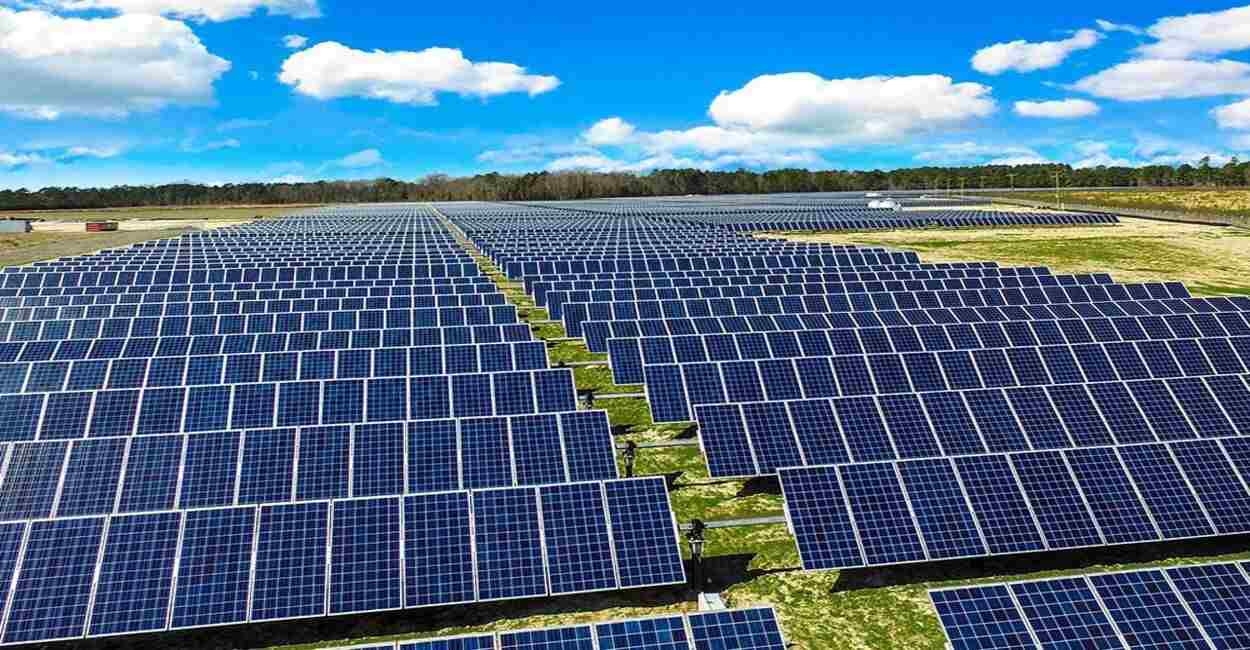Exactly How Solar Energy Can Aid You Save Money and Reduce Your Carbon Impact
The assimilation of solar power into your power portfolio presents a compelling opportunity for both economic cost savings and environmental stewardship. As various federal government rewards become offered, the concern arises: just how can one properly browse the first investments and recurring advantages of solar modern technology to optimize both financial and ecological gains?
Recognizing Solar Energy Financial Savings
While the change to solar power commonly includes an initial financial investment, understanding solar power savings is essential for house owners and businesses alike. Solar power systems can dramatically minimize electrical power costs by utilizing the sun's power, equating right into significant long-term financial advantages. By creating their own electricity, users lessen dependence on grid power, which is subject to fluctuating prices. These savings can accumulate with time, typically causing a fast roi.
Additionally, solar energy systems may receive different financial rewards, consisting of tax obligation credit scores and discounts, additionally improving their cost-effectiveness. The availability of net metering permits individuals to offer excess energy back to the grid, developing an extra income stream. These factors add to the total cost savings related to solar power.

In enhancement to direct monetary cost savings, solar power supplies the added benefit of raising residential property value. Houses equipped with photovoltaic panels are typically a lot more attractive to buyers, as they promise lower energy costs - Simply Solar Illinois. Understanding these components is essential for anyone thinking about solar power, as it highlights not just the prospective financial gains, but also the broader ecological and financial benefits of adopting sustainable energy remedies
Preliminary Expenses vs. Long-Term Perks
When assessing solar power, it is very important to consider the preliminary prices versus the lasting benefits. The upfront financial investment for photovoltaic panels, setup, and related tools can be considerable, commonly ranging from $15,000 to $30,000, depending on the system dimension and home energy demands. This preliminary expenditure might discourage some homeowners; nonetheless, it is vital to take into consideration the prospective cost savings with time.
When mounted, solar power systems can significantly lower and even get rid of monthly power costs, leading to significant lasting economic benefits. Research studies suggest that house owners can save anywhere from $10,000 to $30,000 over the lifespan of their solar system, usually 25 years. In addition, lots of states offer incentives, tax credit histories, and refunds that can balance out preliminary prices, making solar more obtainable.

Decreasing Your Carbon Impact
Lowering your carbon impact is an important factor to consider in today's ecologically mindful culture, and adopting solar power is among the most efficient strategies to achieve this objective. Solar energy is a tidy, renewable energy that substantially diminishes reliance on nonrenewable fuel sources, which are significant contributors to greenhouse gas discharges.

Furthermore, the extensive adoption of solar innovation urges the growth of green tasks and supports advancements in power storage space and performance. The even more individuals and companies buy solar power, the higher the collective reduction in carbon exhausts, cultivating read this article a cleaner environment for future generations.
Federal Government Rewards and Refunds
Taking on solar energy not only benefits the atmosphere however can additionally bring about substantial economic savings, especially with the accessibility of government rewards and rebates. Different government, state, and regional programs are designed to urge home owners and businesses to invest in solar power systems, making the transition extra economical.
One of one of the most popular motivations is the Federal Investment Tax Credit Score (ITC), which permits solar system proprietors to subtract a considerable portion of the setup prices from their federal taxes. This motivation has been pivotal in decreasing the in advance expenditures related to solar power systems. In addition, numerous states supply their own tax obligation credit scores, gives, and rebates that can further enhance cost savings.
Additionally, some local governments give real estate tax exemptions for solar setups, making certain that home owners do not deal with increased real estate tax as an outcome of their eco-friendly power investments. Utility firms may additionally use motivations, including internet metering and feed-in tariffs, which enable solar power individuals to offer excess power back to the grid.
Picking the Right Planetary System
Picking the suitable solar system is critical for optimizing power effectiveness and financial benefits. The decision depends upon numerous variables, consisting of power needs, budget, and offered space. Homeowners need to start by evaluating their power intake to determine the system dimension needed for optimal efficiency.
Following, consider the various sorts of solar modern technologies available. Simply Solar Illinois. Photovoltaic Or Pv (PV) panels are the most common, transforming sunshine directly into electrical energy, while solar thermal systems concentrate on heating water. Each kind has distinctive benefits depending on specific needs
Budget factors to consider are also critical. Preliminary setup expenses can vary substantially, so it is essential to compare quotes from multiple suppliers and discover financing options. Government motivations and refunds can even more decrease the economic worry, making solar systems extra obtainable.
Verdict
In summary, solar power provides a feasible service for attaining significant expense savings while concurrently reducing carbon emissions. The read here initial financial investment, though substantial, returns considerable lasting economic benefits, with potential savings ranging from $10,000 to $30,000 over 25 years. The review ecological benefits of solar power add to sustainable techniques important for combating climate change. Federal government incentives enhance the expediency of solar modern technology fostering, encouraging a change in the direction of a cleaner, much more economically efficient power resource.